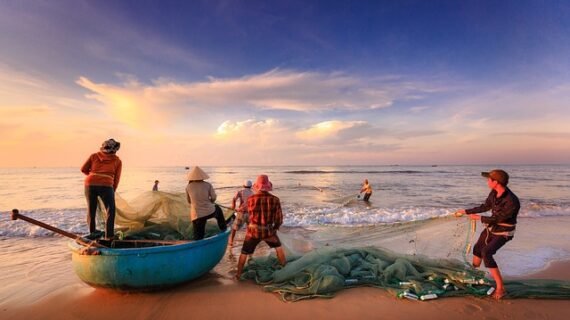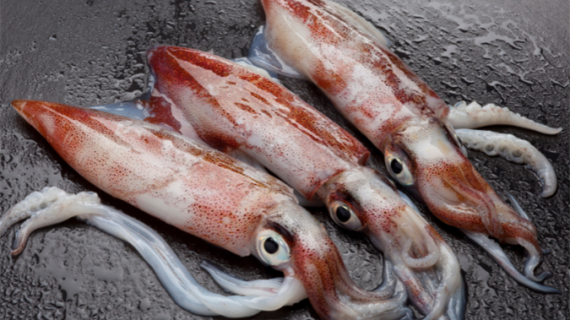Information about how to export fish overseas is becoming increasingly easy to obtain, especially in this era of technological progress. Understanding all the requirements and steps is an important thing that can be profitable. Almost every country carries out import-export activities as part of its economic activities, the fish export business is important because it is an industry that has the potential to generate income for the country.
Export-import activities will never be separated from the use of transportation containers in the form of containers. Containers or containers come as a tool that makes it easier to store and send large amounts of cargo. Get complete information about the types and sizes of 40 feet containers from the Tradecorp Indonesia container company.
Conditions for Exporting Fish Abroad
Indonesia is an archipelagic country, so it is not surprising that many people are passionate about working as fishermen. Fishermen in Indonesia can export their catch to gain greater profits. However, you must ensure that you understand all the requirements and steps for exporting fish abroad.
Before discussing how to export fish abroad, there are several requirements that must be met, namely:
1. Improving Processing Site Facilities and Infrastructure
Exporting fish abroad cannot be done haphazardly. Ensure that the infrastructure and processing facilities meet high standards and quality. This is done to ensure the quality of fish sent to other countries.
Of course, the government ensures that the nation’s image must be positive. Getting quality fish products is what every consumer wants.
2. Adequate Human Resources
Your human resources must be of high quality in addition to existing infrastructure and facilities. This method of exporting fish abroad must be considered by fishermen, fish processors and several other parties. The quality of the fish obtained will of course be guaranteed with qualified human resources.
3. Product Feasibility and Quality
Even with the right infrastructure, skilled personnel and facilities, quality end results are not always possible. Therefore, take care to double check whether your finished product is suitable for sale in the global market.
Additionally, there are often regulations regarding fish traded in foreign markets. Whether it comes from the government, general regulations or customers. Therefore, you must first confirm each product’s eligibility criteria that have been determined.
4. Administrative Rules
Make sure the administrative rules are reflected in the regulations if you want to start exporting. This is necessary to ensure that fish exports abroad run smoothly. Moreover, with proper management, your products can even be marketed as a shining example of seafood exports.
5. The exporter has a valid legal entity
Make sure you have a legal structure for exporting fish overseas. These legal entities include:
Cooperative
PT or Limited Liability Company
CV or Commandataire Venntschap
UD or Trading Business
Additionally, you need to provide an explanation that your business has been operating for at least one or two years under the authority of a legal entity. This will increase buyer and government confidence in your export license.
6. Tax Decree
Fish export regulations must comply with tax laws. Must have NPWP (Taxpayer Identification Number). In addition, you must be designated as a PKP (Taxable Entrepreneur). You can then register to export fish abroad this way.
7. Obtain permission from the government
A government license is required to export fish abroad. There are many types of permits, namely:
If you are a fish producer, you must obtain permission from the industry department.
If you are not a seafood manufacturer or producer, you must obtain a business license from the Department of Commerce.
Customs Master Certificate




